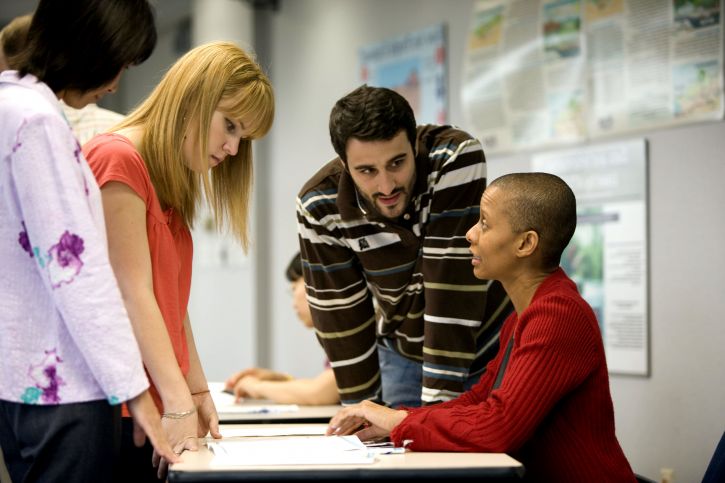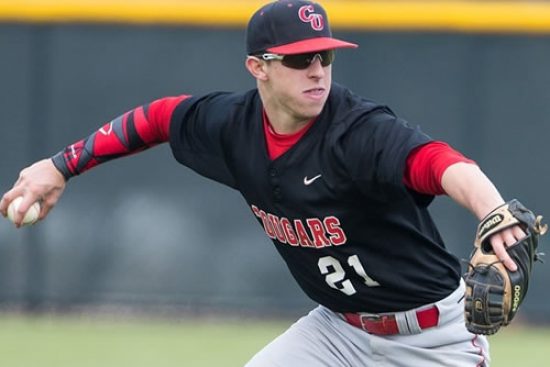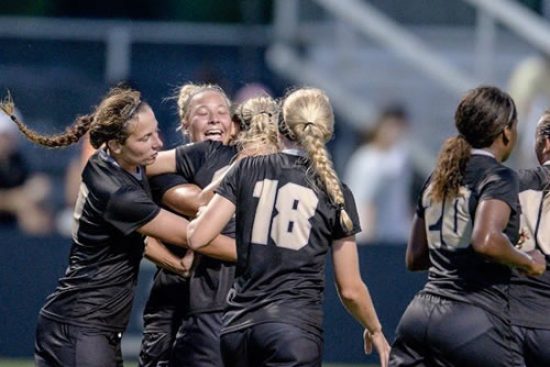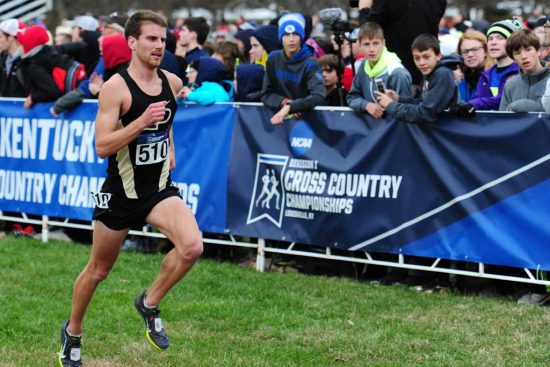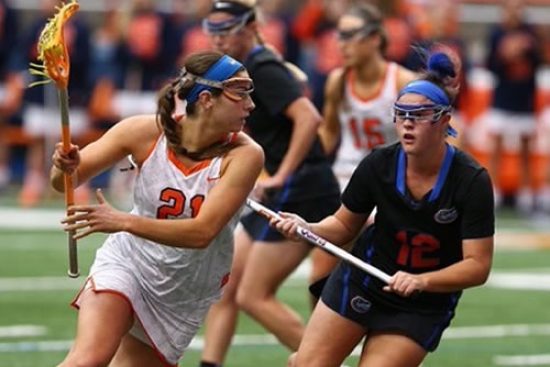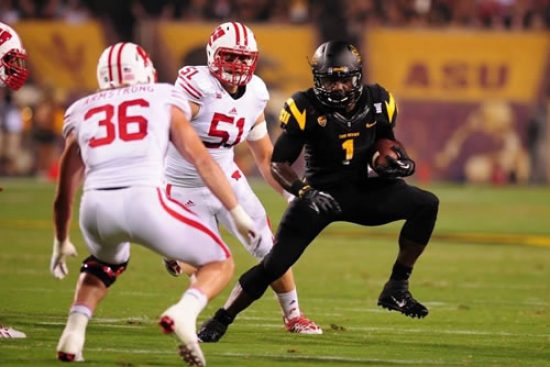The way parents engage in the academic and athletic lives of their NCAA student-athletes is an important aspect of the college transition. Throughout our research with key NCAA stakeholders, the importance of parent support and engagement during student-athletes’ transition to college became evident. However, most key stakeholders express concern that negative parental involvement is increasing in intercollegiate athletics, and importantly that it has the potential to inhibit student-athletes’ positive development and experiences on and off the field.

The following visual connects eight factors to one another sequentially, depicting administrator, coach, and parent perceptions of parent involvement in intercollegiate athletics. Specifically, these stakeholders recognize the pervasiveness of negative parent involvement and the need for university and/or athletic department policy. Despite the need for policy creation, they also highlight barriers to the implementation of parent education in the context of intercollegiate athletics. Stakeholders describe ways they would structure parent education if given the opportunity, and also detail a second set of barriers might hinder the impact of parent educational programming on positive parent involvement. Despite this, stakeholders feel that positive parent involvement is a key factor in achieving desired student-athlete outcomes through participation in intercollegiate athletics. In describing this process, they also acknowledge that there are several external factors that shape positive and negative parent involvement.
Overall, our research with key NCAA stakeholders across NCAA Divisions underscores the following factors that may influence the development and/or implementation of campus-level educational programming for parents of NCAA student-athletes:
Study Partners

